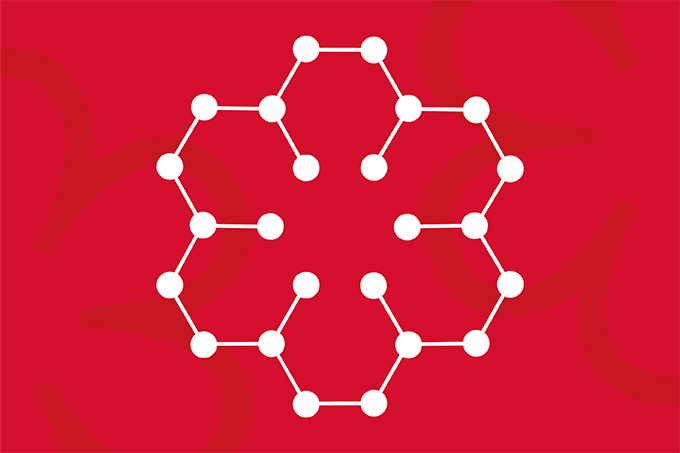What is the goal of your lab? Our lab mainly works with volatile fractions of plant matrices of interest to the food, cosmetic and pharmaceuticals fields. This includes “sensomics” – the science of flavor and fragrance, including chemistry and sensory perception. We have two main lines of research: one dedicated to aroma and food, and one to natural products. The main technique we use is GC, and the core goal of our lab is to develop GC×GC, GC-MS and sample preparation methods to advance the study of natural products, and aroma and fragrance. What were the key trends at this year’s symposia? In GC×GC, the most important advances discussed included a better understanding of how the modulator works, exploring the possibilities of the second dimension, and improving data elaboration. As I explained in my talk – “Comprehensive 2D-GC in the flavor and fragrance fields: simply an additional tool or a backbone of new strategies?” – new technologies fall into two categories. Some give you better or faster results, but don’t fundamentally change your strategy (tools). However, others give you an added value – results that you were unable to obtain with conventional techniques (backbone). In my talk, I argued that GC×GC is a backbone technique, since it allows better separations of biologically active volatiles that occur in very small amounts but may have powerful effects. This is a real step-change. When it comes to bioanalysis, LC has also seen major advances in combination with mass spectrometry. It’s unbelievable how far mass spectrometry has evolved over the past 10 years or so, and how much extra information can now be obtained; for example, when studying complex mixtures. The importance of sample preparation is often underestimated, even though it has always been – and remains – the bottleneck of modern technologies. The evolution of sample prep needs to be accelerated and here, automation is playing an important part. Automation has progressed rapidly, and there are exciting possibilities ahead in robotic technologies and miniaturization.

How will things change by Riva 2027? Many people say that LC and GC are now mature techniques. I disagree. Chromatography has improved a great deal in the past 70 years; however, there remain a lot of poorly understood aspects, and we can expect many more breakthroughs ahead. Miniaturization will also be important. We now have in our hands the technologies, ideas and tools to develop smaller instruments, such as portable GC. A column with 40,000 theoretical plates can be obtained with a 1.5cm2 chip, and a full GC can be contained within the space of a credit card. When I started in the field, to achieve just 3,000 plates was a tremendous feat, requiring a huge instrument. What challenges face the field? I believe in separation before detection – LC or GC before MS. Of course, you can do a lot of analysis using MS alone, but separation is still a fundamental step for complex mixtures. In my opinion, more attention must be given to ensuring that tomorrow’s analytical scientists have a full grasp of separation techniques, rather than being over-reliant on MS (read Ian Wilson’s article on “Managing MS Mania”). Though I believe increasing computing power and more sophisticated data elaboration techniques are important, there is a risk that the computer can end up driving you. A computer will always give you a number, but that number must be translated into a result – and that requires training. Carlo Bicchi is Full Professor of Pharmaceutical Biology at the Faculty of Pharmacy of University of Turin.




